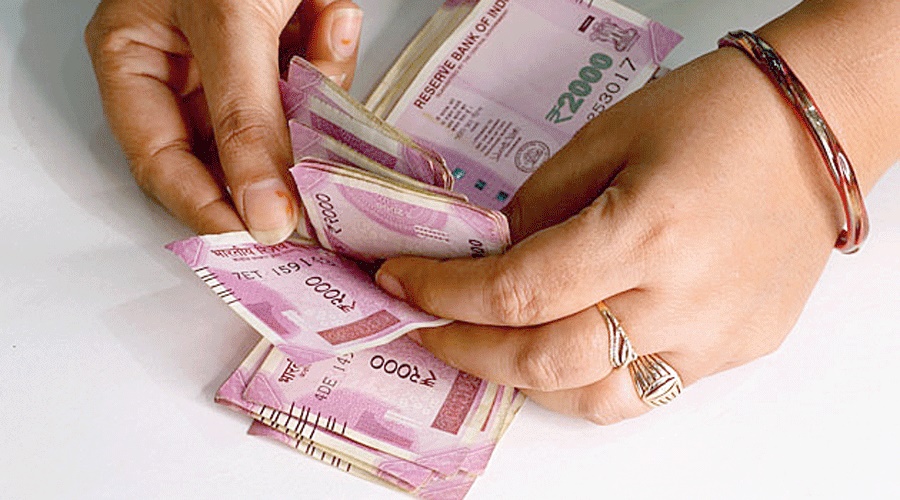Notebandi second time in india of 2000 notes

Introduction
In a surprising move, the Indian government is reportedly considering a second round of demonetization, targeting the ₹2000 banknotes. The controversial decision to ban the high-denomination notes back in 2016, popularly known as "Note Bandi," had a significant impact on India's economy. With the latest proposal, the government aims to curb black money circulation and promote digital transactions. However, the potential implications of such a move are already stirring debates and concerns among citizens and experts alike.
Background
On November 8, 2016, Prime Minister Narendra Modi announced the demonetization of ₹500 and ₹1000 banknotes, rendering them invalid overnight. The sudden decision aimed to tackle corruption, counterfeit currency, and the circulation of unaccounted wealth, colloquially known as "black money." It also sought to promote the country's transition toward a digital economy. The ₹2000 notes were introduced as a replacement, along with newly designed ₹500 notes. However, the government's recent consideration to ban the ₹2000 denomination is seen as an attempt to address the issues that remained unresolved after the initial demonetization. Indian government has also role on this big decision .
Reasons Behind the Proposal
The government's motivation to scrap the ₹2000 notes stems from several factors. First and foremost, it is believed that the high-denomination notes facilitate the hoarding and circulation of black money. By eliminating the ₹2000 notes, the authorities aim to disrupt these activities and further curb corruption. Another reason cited is the impact on the economy. Critics argue that the availability of large-denomination notes encourages tax evasion and undermines the formal banking system. By phasing out the ₹2000 notes, the government hopes to promote a culture of transparency and encourage greater compliance with tax regulations.
Potential Benefits
Proponents of the second demonetization argue that eliminating the ₹2000 notes would have several positive outcomes. One key benefit would be a boost to digital payments and formal banking. The previous demonetization already spurred the adoption of digital transactions, and removing the ₹2000 notes could provide further impetus to the ongoing efforts in this direction. Additionally, proponents argue that the move would help tackle counterfeiting, as the ₹2000 notes are reportedly easier to forge compared to lower denominations. By eliminating these notes, the government aims to enhance the security of the currency and protect the financial interests of the nation.
Concerns and Challenges
While the proposal has its supporters, it also faces considerable skepticism and concerns. One major worry is the potential disruption to the economy and the lives of common citizens. The previous demonetization led to significant challenges in accessing cash, particularly for those in rural areas and the unbanked population. Critics fear a similar scenario may repeat if the ₹2000 notes are scrapped. Another concern pertains to the impact on small businesses and the informal sector. Many small traders and businesses rely on cash transactions, and removing the high-denomination notes might adversely affect their operations. Critics argue that a more comprehensive approach, focusing on strengthening tax enforcement and reducing corruption, would yield better results without causing economic upheaval.
Conclusion
The possibility of a second round of demonetization targeting the ₹2000 notes has sparked both anticipation and apprehension in India. The government's aims to combat black money, promote digital transactions, and tackle counterfeiting are laudable goals. However, it is crucial to carefully consider the potential consequences and develop strategies to mitigate any adverse effects on the economy and citizens. As discussions continue, it remains to be seen whether the proposal will materialize into action. Regardless of the outcome, the debate surrounding demonetization and its long-term impact on India's economy and society is likely to persist